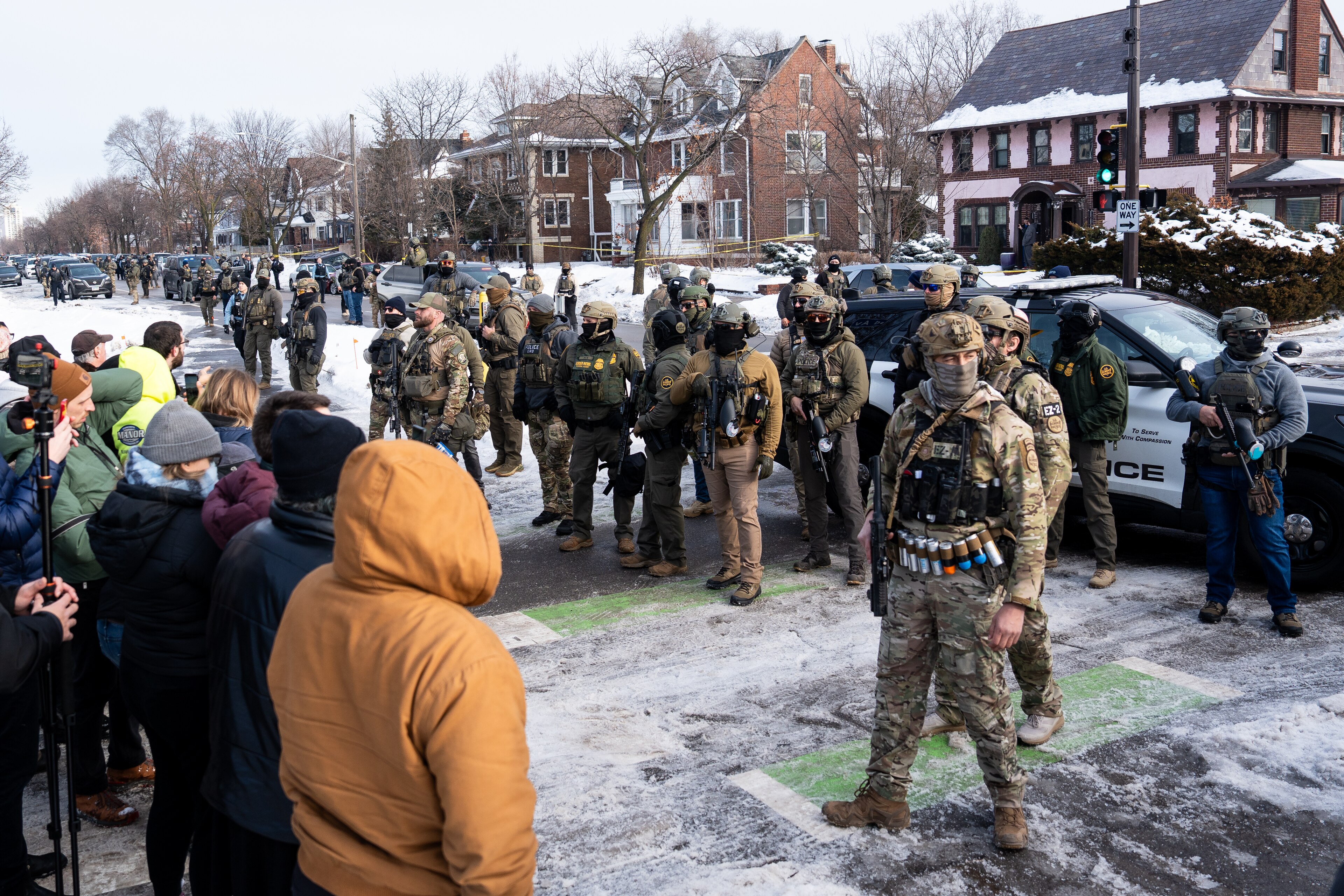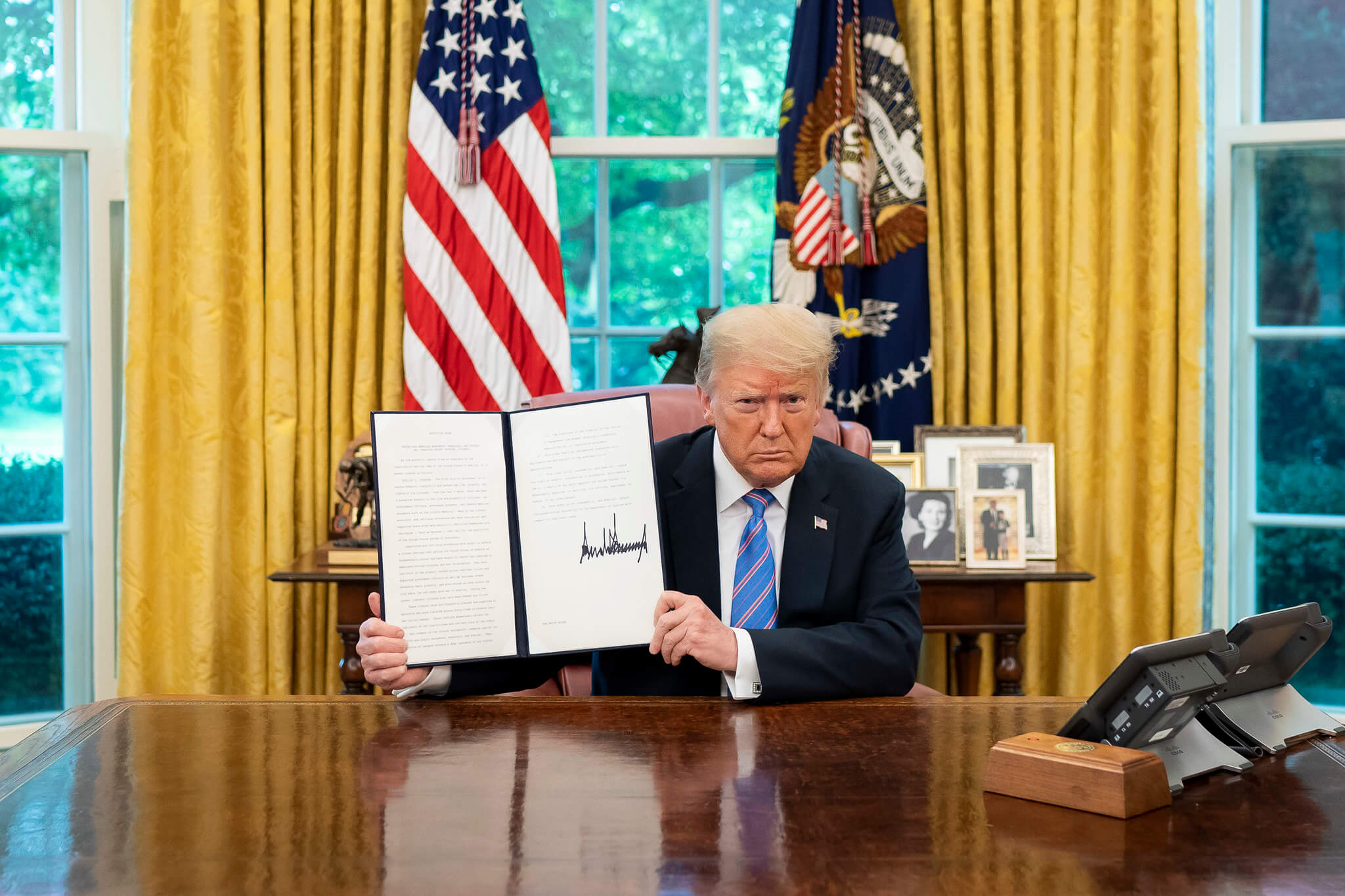Why is the White House Characterizing the Political Opinions of Career CIA Employees?
Focusing on what's truly important in the many challenges facing America, President Trump got right to work picking a fight with reality over the size of the crowd at his inauguration. And yesterday, White House spokesman Sean Spicer kicked up a firestorm by berating the media for its reporting on inauguration attendance.
Focusing on what's truly important in the many challenges facing America, President Trump got right to work picking a fight with reality over the size of the crowd at his inauguration. And yesterday, White House spokesman Sean Spicer kicked up a firestorm by berating the media for its reporting on inauguration attendance.
I'll leave the White House's battle with the press over the crowd size to others. What had my particular jaw on the floor was a comment from Spicer on a different matter: Trump's visit to the CIA.
Here's what he said:
As you know, the President was at the Central Intelligence Agency today, and was greeted by a raucous overflowing crowd of some 400-plus CIA employees. There were over a thousand requests to attend, prompting the President to note that he would have to come back to greet the rest. The employees were ecstatic to see the Commander-in-Chief, and he delivered them a powerful and important message. He told them he has their back and they were grateful for that. They gave him a five-minute standing ovation at the end in a display of their patriotism and their enthusiasm for his presidency (emphasis added).
Let's leave aside certain factual, uh, issues in Spicer's claims—like the claim that there was a five-minute standing ovation at the end of Trump's speech. (As you can see from the video, the agency's brass is clapping politely, and relatively briefly, and their heads do not rise at the end of the speech when the applause begins). I want to focus here on the bizarre decision, more characteristic of totalitarian dictators with cults of personality than of the White House press office, to describe the emotional state of government workers on meeting their fearless leader. I simply cannot remember a time when the White House declared that a group of civil servants were "ecstatic" to be graced by the presence of the president, were "grateful" for what he said, much less that they went through the ceremony of hosting him in a display of "enthusiasm for his presidency."
Remember that CIA employees are career civil servants (the agency has very few political appointees) barred by the Hatch Act from engaging in partisan political activity. I doubt very much that the White House did any polling of the agency workforce about its enthusiasm level for Trump (I don't recommend it if presidential ego preservation is a goal) or their level of gratitude for his visit. Indeed, while Trump, in his speech at the agency, declared that "We were unbelievably successful in the election with getting the vote of the military and probably almost everybody in this room voted for me," even he showed a certain minimal respect for the apolitical nature of the workforce when he said immediately thereafter: "but I will not ask you to raise your hands if you did."
So why then is the White House characterizing the political reaction of the workforce on being graced with a visit from the Dear Leader?
More to the point, I'm curious if anyone can think of any similar instance of the White House presuming to describe the political enthusiasms of workers who are, by law, apolitical. It is common, in my experience, when the President visits an agency, or the military, for the White House to note that there was a meeting and to characterize its tone (for example, "the President was received graciously"). And it's common as well to characterize his emotional reaction (for example, "the President was very moved by opportunity to thank the troops"). But I can't think of an instance in which any president in my memory presumed to describe the emotional state of those workers he met with. Can you?





